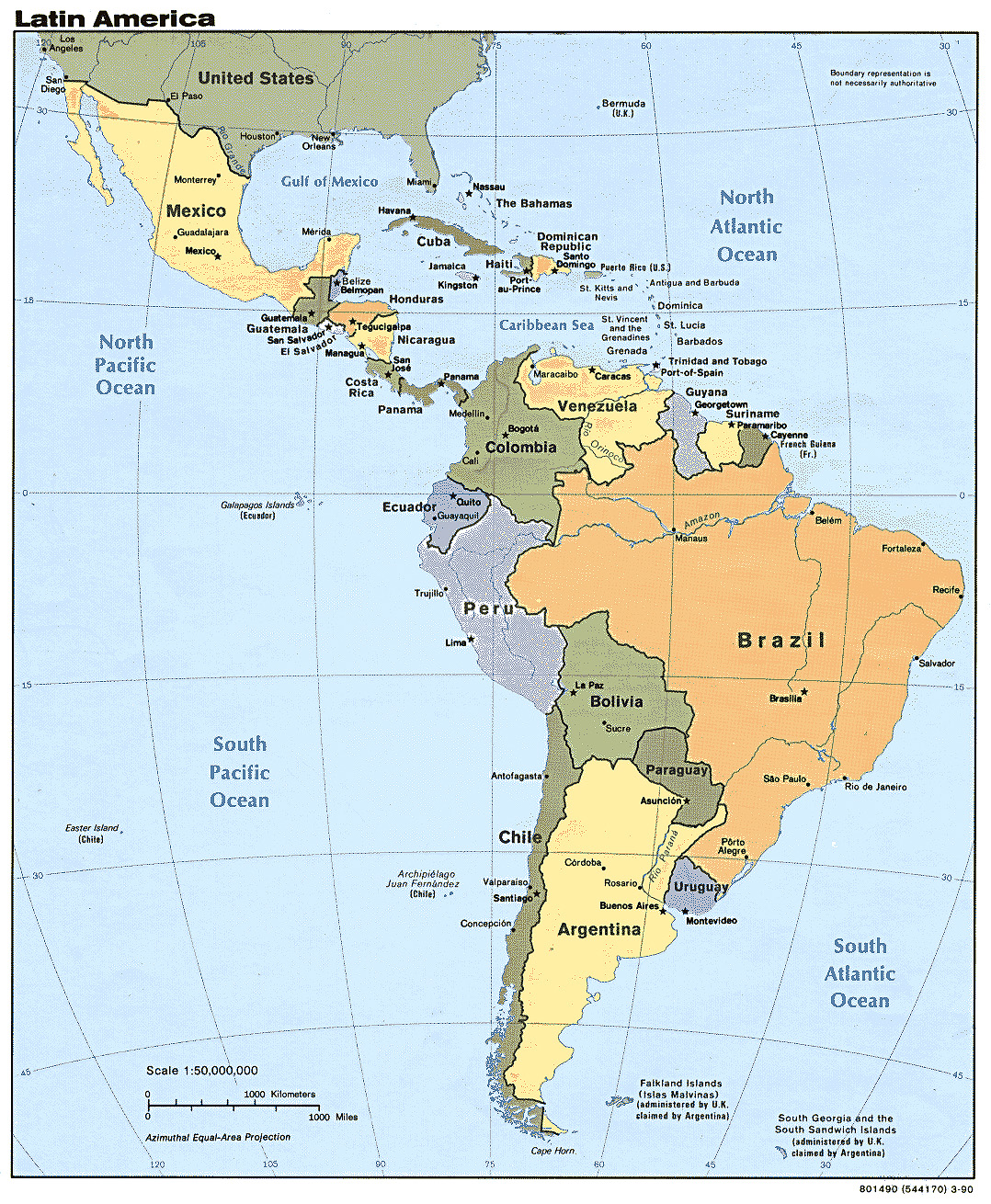Once thought of as a reservoir of macho attitude, the city of Buenos Aires has recently begun to cater to a more sexually diverse demographic of tourists. The opening of the Axel Hotel is a clear sign of this, as it is Latin America’s first luxury hotel built exclusively for gay customers. This marketing experiment denotes progressive change in the way Argentina perceives the acceptance of gays and lesbians in their community. Having vanquished an authoritative dictatorship in 1983, Argentina has shown signs of being much more accepting of the gay community with Buenos Aires becoming the first major Latin American city to legalize same sex Unions in 2002 (Barrionuevo 1). Furthermore, the city hosted a World Cup exclusively for gay soccer players in the summer of 2007 which was also a first in the region (Barrionuevo 2).
One of the main reasons for this progressive change occurred in the 1990s when the peso became pegged to the dollar which in turn gave Argentineans more spending power, allowed them to travel abroad and learn the ways of different cultures. Additionally, in 2001 the entire nation was stricken with an economic chaos that made people care increasingly less about sexual orientation, as journalist Osvaldo Bazan put it, “When people are eating out of garbage cans it really doesn’t matter if you are gay or not” (Barrionuevo 2). So, as the currency devalued the already beautiful city of Buenos Aires became an even bigger attraction to western tourists, many of whom were gay and lesbian. The influx of new, wealthy, and western tourists led marketers to more aggressively target gay tourists; now the travel industry estimates that about 20% of tourists in Buenos Aires are gay and spend roughly $600 million in the city per year (Barrionuevo 2).
These new social developments in Argentina’s capital city are major indicators of how Latin American culture perceives sexual identity. Furthermore, Uruguay’s lower house in Congress legalized homosexual unions, as did Argentina after young activists fought for the legalization despite the Roman Catholic Church’s resistance. While one could argue that gays are only being accepted because of the large financial benefits they bring to a country that has recently come out of economic chaos, it is impossible to ignore the social implications that a luxury hotel can bring to a city. An openly gay friendly hotel will clearly become a hot spot for homosexuals to interact, but a luxury openly gay friendly hotel will bring people with larger wealth and influence to the city and provide a popular location for heterosexuals and homosexuals to interact. In doing so, this hotel is an example of Latin America’s tolerance of diverse sexual identities. http://www.nytimes.com/2007/12/03/world/americas/03argentina.html?_r=1&oref=slogin
Subscribe to:
Post Comments (Atom)

1 comment:
Despite the fast-changing attitude to married homosexual couples, gays and lesbians still have many obstacles to overcome.One of them is adoption. According to International Harald Tribute (August 2008) Brasilian Congress rejected part of a pending adoption law for these couples. Because of some exceptions to this rule, which took place in Sao Paulo and Southern Rio Grande do Sul states, the adoption bill is returned to the Senate again for further debates.
Tkach Stefaniya.
Post a Comment